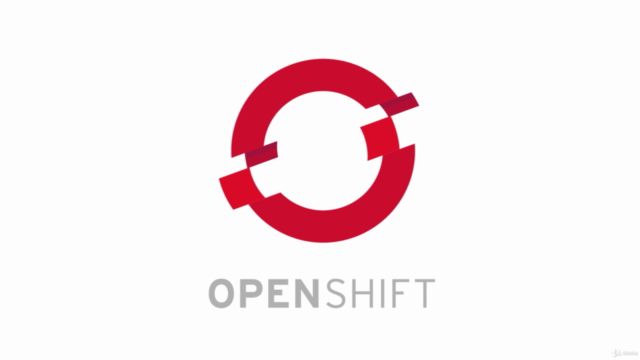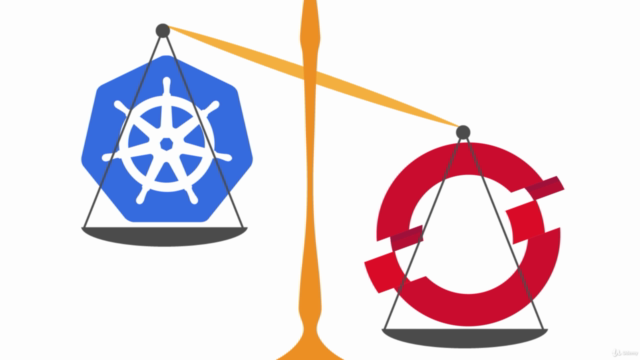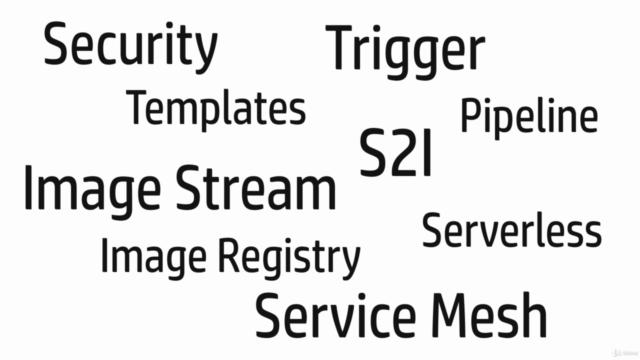Masterclass- Kubernetes and Openshift with Docker containers

Why take this course?
🚀 Masterclass- Kubernetes and Openshift with Docker Containers: A Comprehensive DevOps Tutorial
Are you ready to dive into the world of containerization and orchestration? With the rise of microservices architectures, the demand for container management solutions like Kubernetes and Openshift has never been higher. By 2021, Gartner predicts that over half of global enterprises will be running containerized applications in production, a figure set to soar past 75% by 2022. 📈
🔍 Understanding Containerization
Containerization technology has revolutionized the way IT organizations deploy and manage software. It's agility and scalability are key factors in the digital transformation journey of many businesses. Today, less than 30% leverage these technologies, but that number is set to rise rapidly!
📚 The Power Duo: Docker, Kubernetes, and Openshift
- Docker: The go-to platform for developing, shipping, and running applications inside containers. It simplifies the process of containerizing an application, making it more accessible and efficient to deploy.
- Kubernetes and Openshift: These are the orchestration tools that manage Docker containers at scale. Kubernetes is known for its robustness and community support, while Openshift builds upon this with additional enterprise features like simplified management and enhanced security policies.
🆕 Why Choose Openshift Over Kubernetes?
Openshift offers several advantages over Kubernetes:
- Stronger Security Policies: Openshift has a more robust set of security mechanisms out of the box.
- Ease of Use: Openshift's web console simplifies resource management and provides a user-friendly interface for creating, modifying, and monitoring your resources.
- CI/CD Integration: Easily integrate with tools like Jenkins for seamless Continuous Integration and Continuous Deployment (CI/CD) pipelines.
- Node Configuration: Openshift simplifies the process of configuring nodes.
- Advanced Features: With templates, source to image (S2I), image streams, and triggers, Openshift provides a more powerful platform for automation and deployment.
🔑 Hands-On Learning with Masterclass
In this course, you'll gain a comprehensive understanding of both Kubernetes and Openshift, learning their similarities, differences, and the best use cases for each. You'll master YAML file creation to set up core resources such as pods, services, replica controllers/sets, deployments, and deployment configurations.
- Practical Focus: This course is designed to give you 90% hands-on experience with real-world scenarios and only 10% theory – ensuring you understand the concepts through application.
- Expert Guidance: Each lecture is backed by practical exercises, minimizing your time spent on troubleshooting and maximizing learning efficiency.
🎓 Who Is This Course For?
This course is ideal for:
- Developers looking to deploy containerized applications at scale.
- DevOps engineers aiming to master container orchestration.
- System administrators seeking to understand Kubernetes and Openshift in depth.
- Anyone interested in leveraging Docker containers and wanting to explore the world of container management with Kubernetes and Openshift. 🌟
Embark on your journey towards mastering container orchestration today, and unlock the full potential of your applications with Kubernetes and Openshift! 🚀✨
Course Gallery




Loading charts...